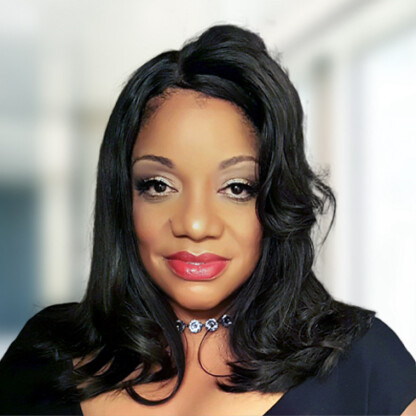Supreme Court Clarifies Standards for Indefiniteness and Induced Infringement
The Supreme Court Defines New Indefiniteness Standard
Today the Supreme Court issued an opinion in Nautilus, Inc. v. Biosig Instruments, Inc., No. 13-369, which was previously discussed in an April 29, 2014 post on our blog, IP Litigation Current. The unanimous court, in an opinion by Justice Ginsburg that looked to the language of the statute and Supreme Court precedent articulated the following standard:
[A] patent is invalid for indefiniteness if its claims, read in light of the specification delineating the patent, and the prosecution history, fail to inform, with reasonable certainty, those skilled in the art about the scope of the invention.
Recognizing its role as a “court of review, not of first view,” the Supreme Court declined to apply the standard to the facts at issue, remanding the issue to the Federal Circuit.
The opinion makes clear that the Federal Circuit’s prior standard, which upheld claims as definite so long as they were “amenable to construction” and not “insolubly ambiguous” once construed, “does not satisfy the statute’s definiteness requirement.” The Supreme Court did however acknowledge that some Federal Circuit decisions, despite using the ”amenable to construction” and “insolubly ambiguous” language “come closer to tracking the statutory prescription.”
The Supreme Court’s decision in Nautilus will likely have broad implications for all currently pending patent cases where definiteness is at issue.
Supreme Court Reinstates Induced Infringement Standard
Today, the Supreme Court issued an opinion in Limelight Networks, Inc. v. Akamai Techs., Inc., No. 12-786, which was previously discussed in a May 1, 2014 post on our blog, IP Litigation Current. In a unanimous decision by Justice Alito, the Supreme Court reinstated the prior standard for liability for induced infringement under 35 U.S.C. § 271(b), holding that a party may not be liable for inducing infringement of a patent when no one has directly infringed the patent.
The Court’s decision overturns the Federal Circuit’s en banc ruling that found Limelight liable for inducing patent infringement even though the performance of all the steps in Akamai’s patent was not attributable to any one person. Relying principally on its Aro decision and the Federal Circuit’s Muniauction decision, the Court concluded:
there has simply been no infringement of the method in which respondents have staked out [a patent] interest, because the performance of all the patent’s steps is not attributable to any one person…where there has been no direct infringement, there can be no inducement of infringement under §271(b).
The Court criticized the Federal Circuit’s decision as “depriving § 271(b) of ascertainable standards” and predicated on a “fundamental misunderstand[ing] [of] what it means to infringe a method patent.” According to the Supreme Court, a district court following the Federal Circuit’s reasoning would not be able to ascertain when an accused infringer would be liable for inducing infringement, “requir[ing] the courts to develop two parallel bodies of infringement law: one for liability for direct infringement, and one for liability for inducement.”
Further, the Court appears to be inviting the Federal Circuit to revisit its § 271(a) direct infringement analysis in Muniauction, calling it an “important issue” that “the Federal Circuit will have the opportunity to revisit the § 271(a) question if it so chooses” on remand.
The Supreme Court’s decision in Limelight reinstates the previous standard and provides more certainty to patent holders asserting induced infringement and defendants accused of inducing infringement.
Legal News Alert is part of our ongoing commitment to providing up-to-the-minute information about pressing concerns or industry issues affecting our clients and colleagues. If you have any questions about this Alert or would like to discuss the topic further, please contact your Foley attorney or the following:
Ruben J. Rodrigues
Associate
Boston, Massachusetts
617.502.3228
[email protected]
Kenneth K. Suh
Associate
Chicago, Illinois
312.832.4564
[email protected]
Jeanne M. Gills
Partner
Chicago, Illinois
312.832.4583
[email protected]

